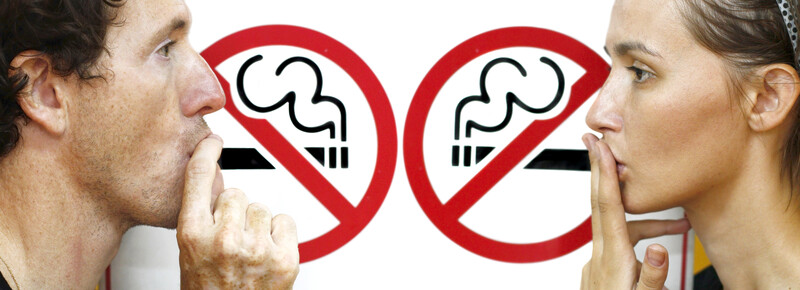Smoking is a harmful habit that can have a variety of negative effects on the body, including hair loss. While the exact mechanism by which smoking causes hair loss is not fully understood, it is clear that smoking can contribute to thinning hair and hair loss in both men and women. In this article, we will explore the relationship between smoking and hair loss in detail, as well as ways to prevent and treat hair loss caused by smoking.
The link between smoking and hair loss
Hair loss, also known as alopecia, is a common condition that affects millions of people around the world. There are many different causes of hair loss, including genetics, certain medications, and underlying health conditions. However, smoking is also a major factor that can contribute to it.
One of the ways that smoking may cause damage to your hair is by reducing blood flow to the scalp. The chemicals in cigarettes can constrict blood vessels, which can reduce the amount of oxygen and nutrients that reach the hair follicles. This can lead to weaker, thinner hair that is more prone to falling out. In fact, a study published in the journal Dermatology and Therapy found that smokers were twice as likely to experience hair loss as non-smokers.
In addition to reducing blood flow to the scalp, smoking may also damage the hair follicles themselves. The chemicals in cigarettes can disrupt the normal growth cycle of hair, leading to hair loss and thinning. This damage may be irreversible, meaning that once the hair follicles are damaged, they may not be able to regrow healthy hair.
Smoking may also cause hair loss by increasing levels of a hormone called DHT (dihydrotestosterone). DHT is a byproduct of testosterone and is involved in the development of male pattern baldness. Smoking can increase levels of DHT in the body, which can lead to hair loss in both men and women. In fact, a study published in the Journal of the American Academy of Dermatology found that men who smoked were more likely to experience male pattern baldness than non-smoking men.

The effects of smoking on men vs women
The effects of smoking on your hair may be worse for women than for men. A study published in the journal Obstetrics and Gynecology found that women who smoked were more likely to experience baldness than non-smoking women. This may be due to the fact that smoking can disrupt the normal balance of hormones in the body, which can lead to baldness.
Preventing and treating hair loss caused by smoking
The best way to prevent hair loss caused by smoking is to quit. While quitting may not reverse the damage that has already occurred, it can help to prevent further hair loss and allow the hair to regrow more fully. In fact, a study published in the journal Dermatology and Therapy found that people who quit smoking experienced an improvement in hair density and thickness after just one year of being smoke-free.
There are many resources available to help people quit smoking, including nicotine replacement therapies, prescription medications, and support groups. Quitting smoking can be difficult, but the benefits to both your overall health and the health of your hair are well worth the effort.
If you are unable to quit smoking, there are still steps you can take to help prevent hair loss and promote healthy growth. These include:
- Getting enough nutrients: A healthy diet rich in vitamins and minerals is important for maintaining healthy hair. Eating a balanced diet that includes a variety of fruits, vegetables, and proteins can help to nourish the hair and promote growth. In particular, nutrients such as iron, zinc, and
- Bring hair loss to a complete stop by using Minoxidil and Finasteride lotion! To get more info on these products click here!










